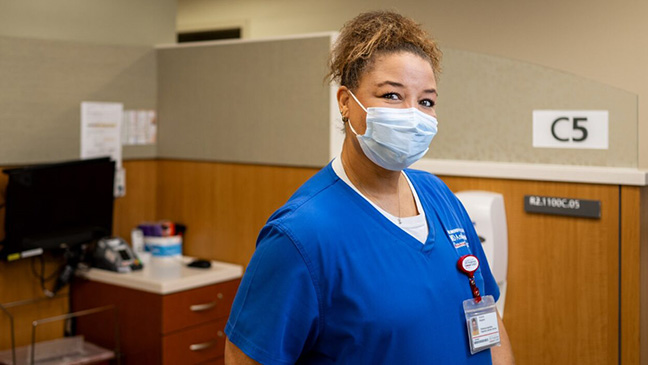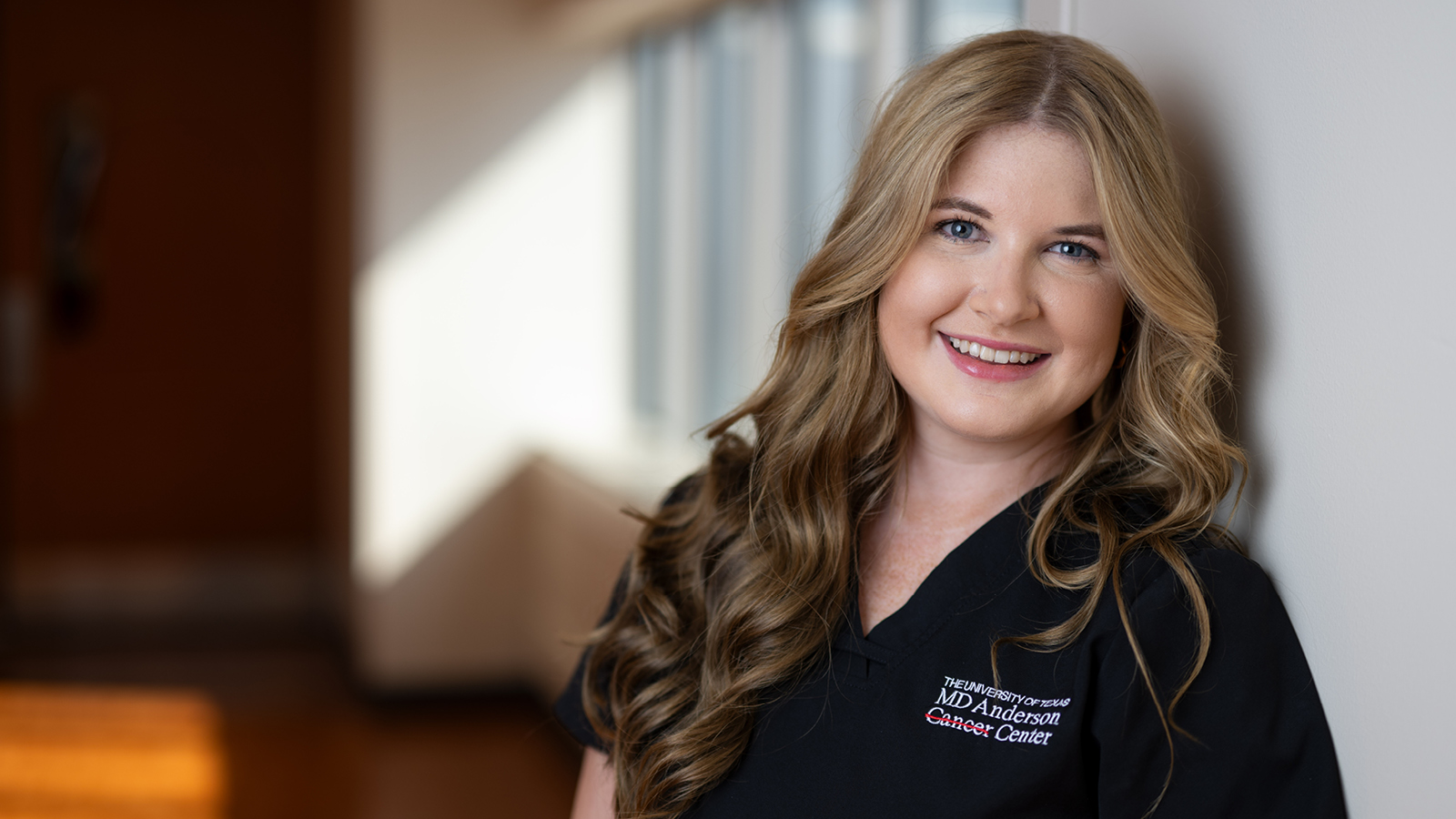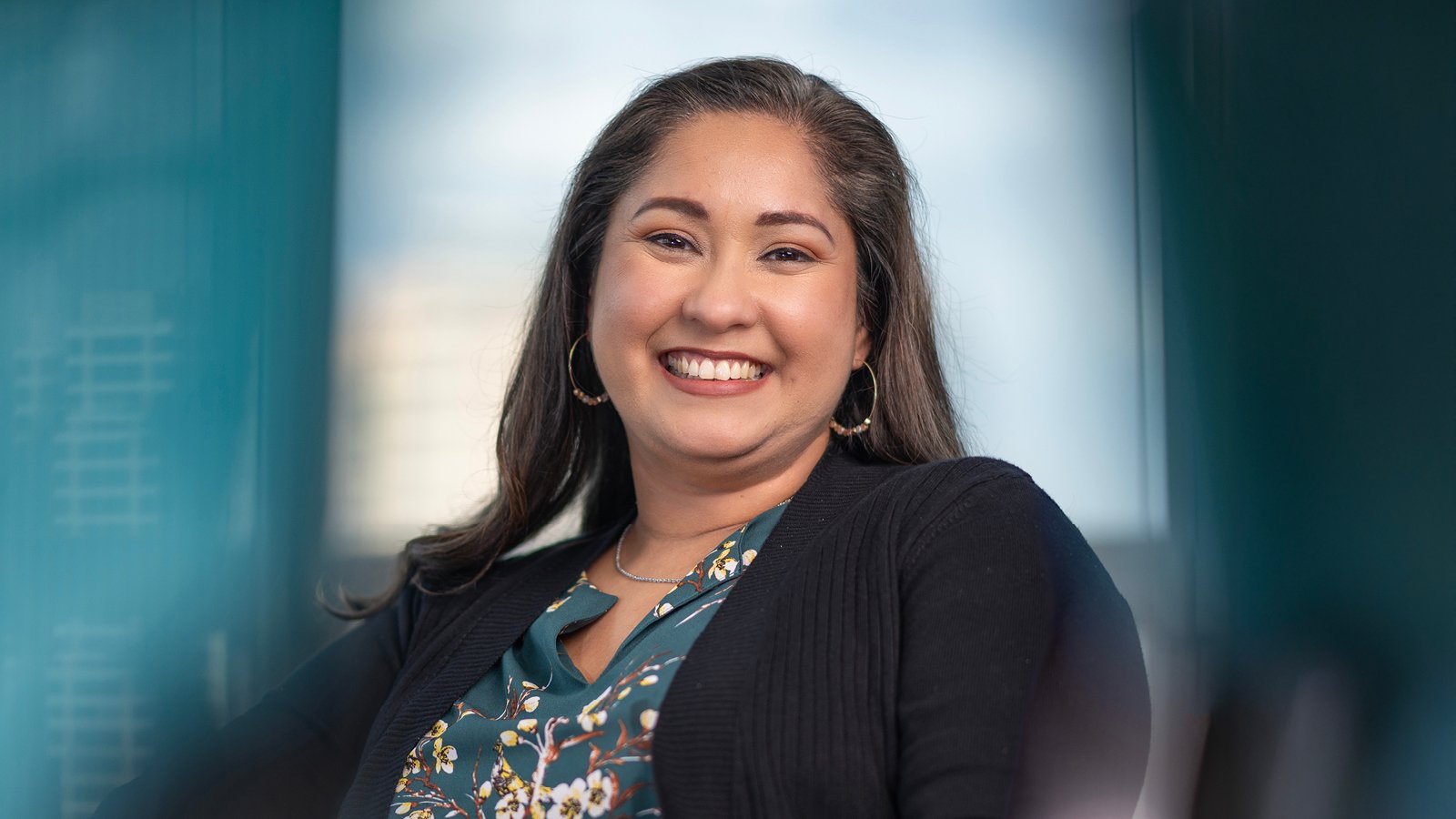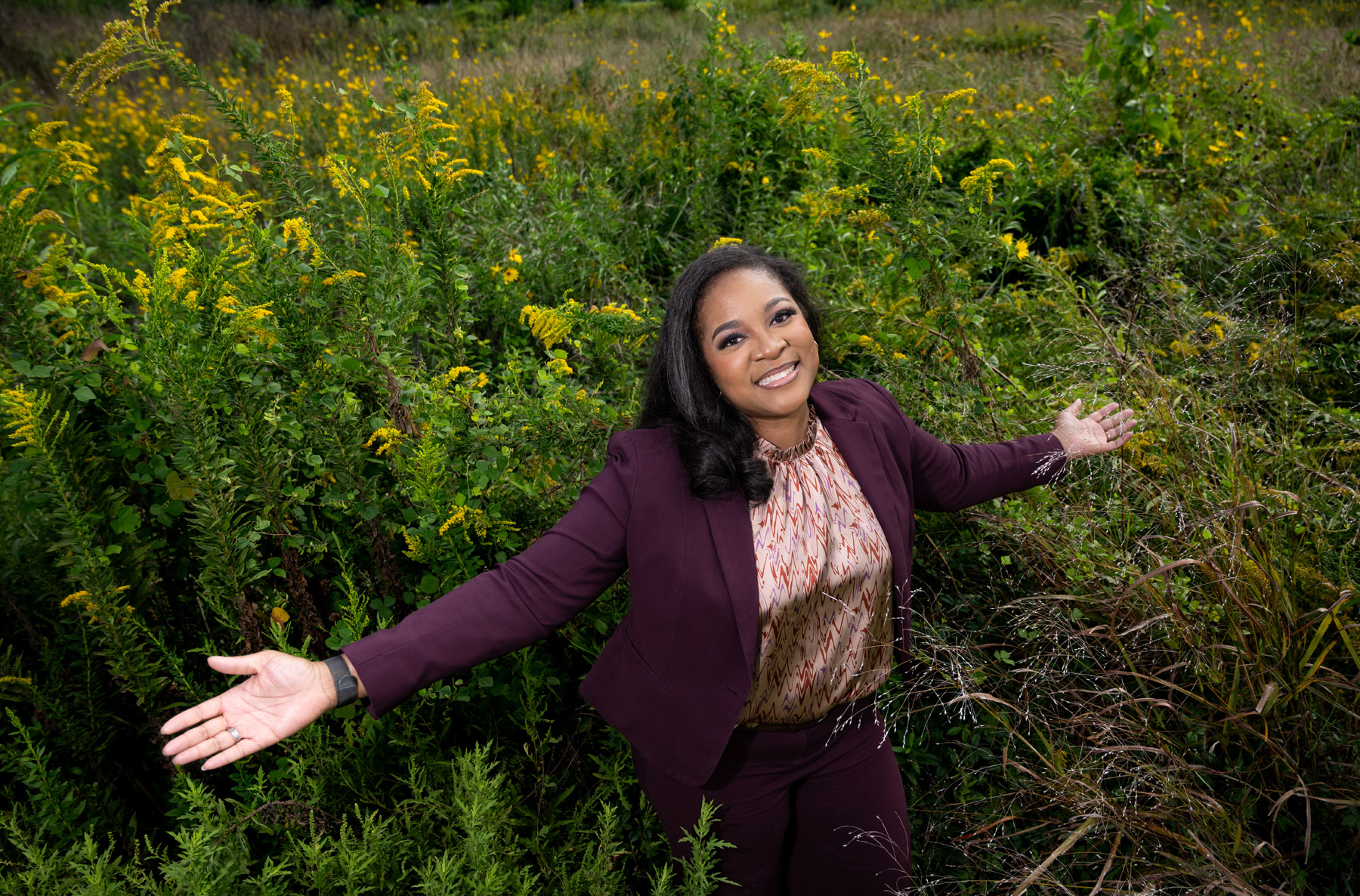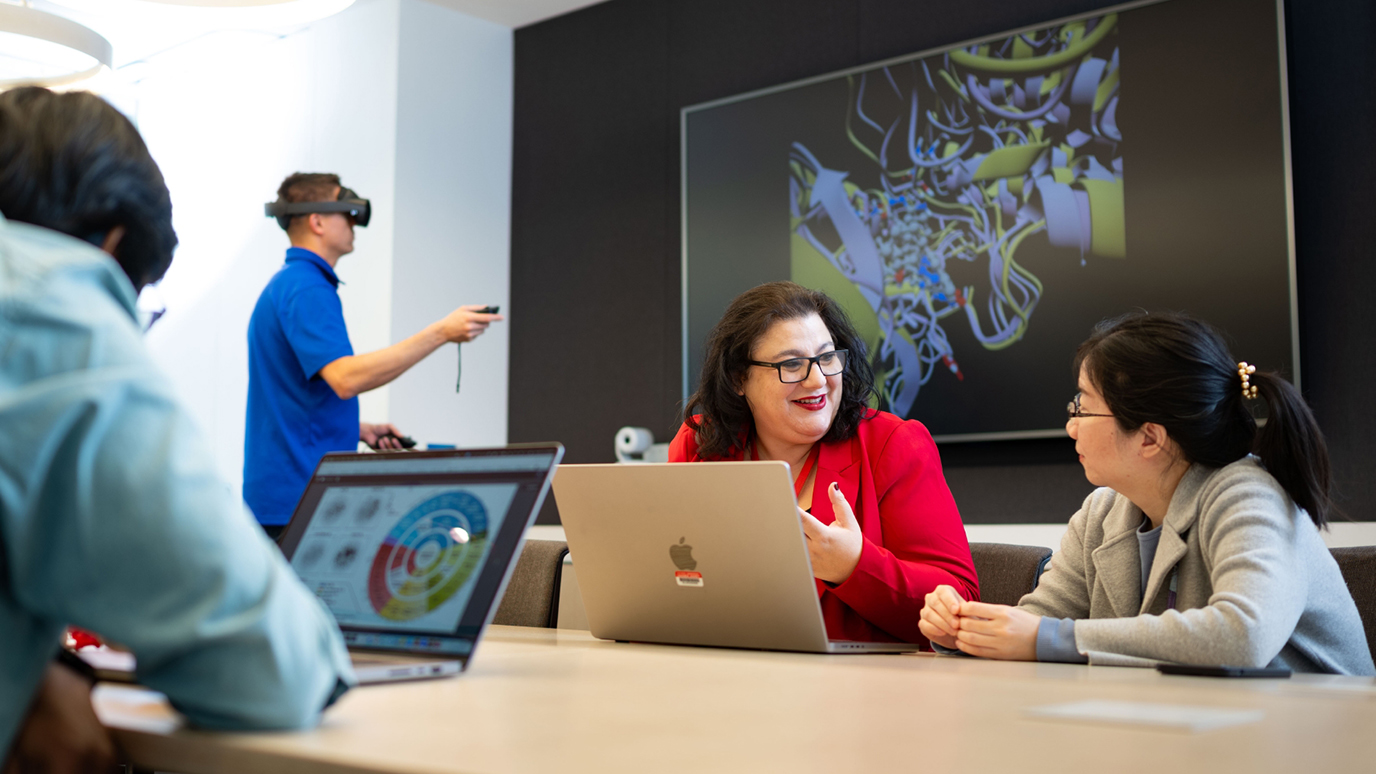- Diseases
- Acoustic Neuroma (14)
- Adrenal Gland Tumor (24)
- Anal Cancer (68)
- Anemia (2)
- Appendix Cancer (16)
- Bile Duct Cancer (26)
- Bladder Cancer (72)
- Brain Metastases (28)
- Brain Tumor (232)
- Breast Cancer (714)
- Breast Implant-Associated Anaplastic Large Cell Lymphoma (2)
- Cancer of Unknown Primary (4)
- Carcinoid Tumor (8)
- Cervical Cancer (158)
- Colon Cancer (166)
- Colorectal Cancer (116)
- Endocrine Tumor (4)
- Esophageal Cancer (44)
- Eye Cancer (36)
- Fallopian Tube Cancer (8)
- Germ Cell Tumor (4)
- Gestational Trophoblastic Disease (2)
- Head and Neck Cancer (12)
- Kidney Cancer (128)
- Leukemia (342)
- Liver Cancer (50)
- Lung Cancer (286)
- Lymphoma (278)
- Mesothelioma (14)
- Metastasis (30)
- Multiple Myeloma (100)
- Myelodysplastic Syndrome (60)
- Myeloproliferative Neoplasm (4)
- Neuroendocrine Tumors (16)
- Oral Cancer (100)
- Ovarian Cancer (172)
- Pancreatic Cancer (160)
- Parathyroid Disease (2)
- Penile Cancer (14)
- Pituitary Tumor (6)
- Prostate Cancer (146)
- Rectal Cancer (58)
- Renal Medullary Carcinoma (6)
- Salivary Gland Cancer (14)
- Sarcoma (238)
- Skin Cancer (296)
- Skull Base Tumors (56)
- Spinal Tumor (12)
- Stomach Cancer (64)
- Testicular Cancer (28)
- Throat Cancer (92)
- Thymoma (6)
- Thyroid Cancer (96)
- Tonsil Cancer (30)
- Uterine Cancer (80)
- Vaginal Cancer (16)
- Vulvar Cancer (20)
- Cancer Topic
- Adolescent and Young Adult Cancer Issues (20)
- Advance Care Planning (10)
- Biostatistics (2)
- Blood Donation (18)
- Bone Health (8)
- COVID-19 (362)
- Cancer Recurrence (120)
- Childhood Cancer Issues (120)
- Clinical Trials (630)
- Complementary Integrative Medicine (22)
- Cytogenetics (2)
- DNA Methylation (4)
- Diagnosis (232)
- Epigenetics (6)
- Fertility (62)
- Follow-up Guidelines (2)
- Health Disparities (14)
- Hereditary Cancer Syndromes (126)
- Immunology (18)
- Li-Fraumeni Syndrome (8)
- Mental Health (116)
- Molecular Diagnostics (8)
- Pain Management (62)
- Palliative Care (8)
- Pathology (10)
- Physical Therapy (18)
- Pregnancy (18)
- Prevention (914)
- Research (392)
- Second Opinion (74)
- Sexuality (16)
- Side Effects (604)
- Sleep Disorders (10)
- Stem Cell Transplantation Cellular Therapy (216)
- Support (402)
- Survivorship (320)
- Symptoms (182)
- Treatment (1786)
Cancer researcher: The day I celebrated my graduation during the COVID-19 pandemic
2 minute read | Published December 21, 2021
Medically Reviewed | Last reviewed by an MD Anderson Cancer Center medical professional on December 21, 2021
When I enrolled at MD Anderson UTHealth Graduate School of Biomedical Sciences in 2017, I never expected to write most of my master’s thesis without being able to go into the lab. But when MD Anderson’s labs closed to slow the spread of COVID-19 in the spring of 2020, we had to adjust so quickly that I did the majority of my thesis writing at home. I was glad to have very supportive members of laboratory and my defense committee, especially my advisor, Dr. Jeffrey Molldrem, who helped me navigate this weird time. I successfully defended my thesis over Zoom in August 2020, and began my Ph.D. work virtually from my apartment a week later.
Because my transition to Ph.D. work in the Therapeutics and Pharmacology program was done virtually, it didn’t feel like I’d really passed a milestone in my training until I was finally able to walk across the stage on May 2, 2021, a year after finishing my master’s studies. Going from defending my thesis at my small apartment to getting my diploma on the field at Minute Maid Park was a big but welcome change.
My parents and brother traveled from San Antonio, Texas, to celebrate with me. It was really nice to feel the closure from the end of one chapter of my academic journey, even as I continue with another. Celebrating my graduation was something that I didn’t realize that I needed, but being able to stop and realize, “I did that, I made it through,” was powerful.
I’ve always liked puzzles and trying to figure things out, and I’m so glad I’ve had the opportunity to train here, where I’ve discovered a love for bench science and working in the lab. I’m continuing in Dr. Molldrem’s lab for my doctoral work, looking at CAR T cell therapies that target acute myeloid leukemia. I’m learning new techniques — and how to be a better, well-rounded aspiring scientist.
Rolando Vedia is a graduate research assistant in Hematopoietic Biology and Malignancy at MD Anderson UTHealth Graduate School of Biomedical Sciences.
Learn about education and training programs at MD Anderson.

It was really nice to feel the closure from the end of one chapter of my academic journey.
Rolando Vedia
Graduate Student


